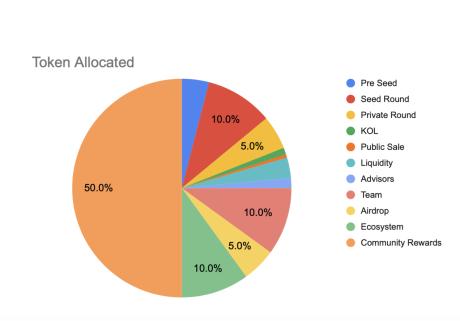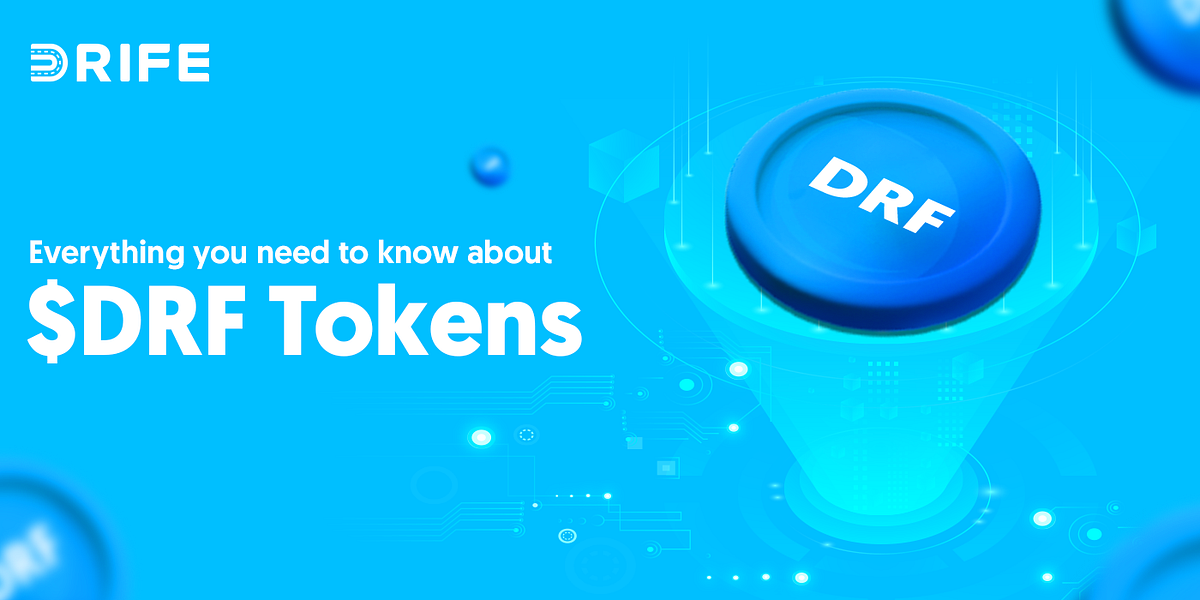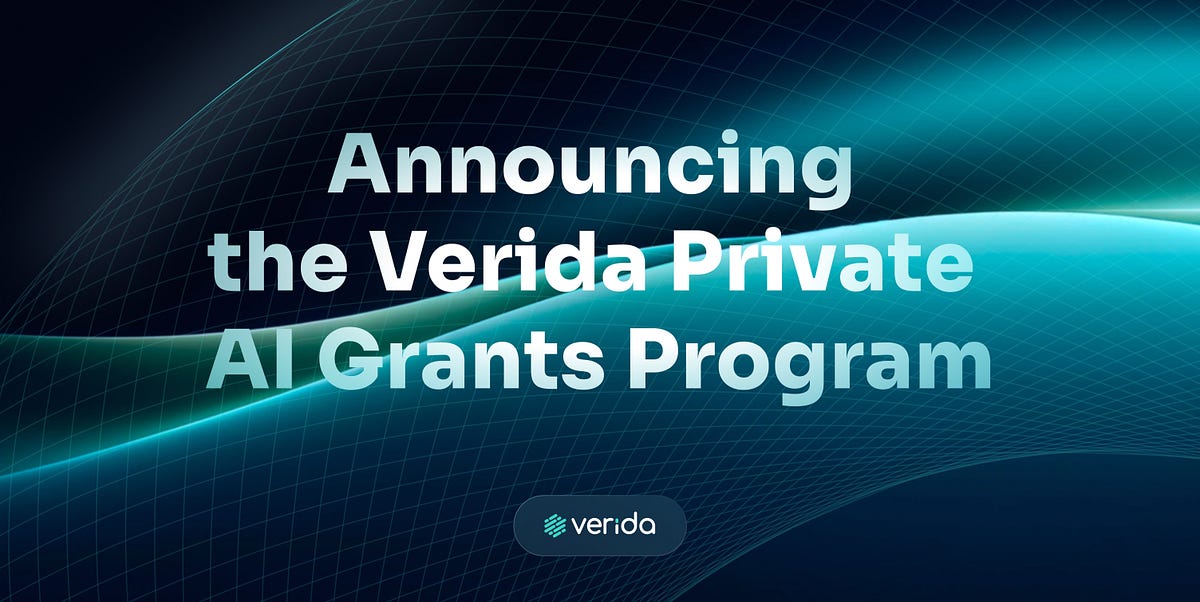
Multiple Network
9
ComputeAIBandwidthStorageServicesChainEthereumConsumerLoraWANFile StorageCDN
Building a decentralized network layer to fuel data transmission
Chain
Ethereum
Total Devices
179,623
Twitter Followers
177,030
MTP
Market Cap
-
24h Trading Volume
-
Circulating Supply
-
Fully Diluted Valuation
-
DEX Liquidity
-
All Time High
-
Multiple Network Live Data
There are currently 179,623 active Multiple Network devices.
Device Map
Number of Devices
179,623
Number of Countries/Regions
181
Learn More
Building a decentralized network layer to fuel data transmission
Multiple Network News
View more
5 months ago
Network3: Revolutionizing Edge AI InfrastructureNetwork3: Revolutionizing Edge AI Infrastructure
On November 26, CZ(Binance founder) tweeted, 'I am not against memes, but meme coins are getting 'a little' weird now. Let's build real applications using blockchain.' The market's obsession with meme coins has overshadowed utility-driven blockchain projects like Network3, a decentralized Edge AI infrastructure project poised for significant growth.
Network3 integrates blockchain tokenomics, decentralized physical infrastructure networks (DePIN), federated learning, and Edge AI to challenge big tech's AI monopoly. With over 543,010 nodes across 185 countries, Network3's decentralized federated learning framework ensures privacy and data security while incentivizing node participation. The project's rapid growth, surpassing Helium in node count, signifies its potential to democratize computing power and data.
Market Potential and Tokenomics
The DePIN and Edge AI combination presents a trillion-dollar opportunity. DePIN incentivizes users to contribute physical resources, projecting a market size of $3.5 trillion by 2028. Currently undervalued at $1.33 billion, the DePIN sector is poised for exponential growth. Edge AI, with a projected market size of $269.82 billion by 2032, excels in data privacy and efficiency, attracting tech giants like NVIDIA and Google. Network3's tokenomics model, with a total token supply of 1 billion, ensures sustainable mining rewards through staking and mining.
Investing in Network3
Investing in Network3 offers a gateway to the future of AI infrastructure, combining DePIN's physical world integration and Edge AI's decentralized computing power. With a clear economic model and exponential market potential, Network3 stands out as a pioneer in revolutionizing the AI sector.

6 months ago
DRIFE Set to Launch $DRF Token: A New Era in Decentralized Ride-HailingOn November 14th, DRIFE will officially launch its highly anticipated $DRF token, marking a significant milestone in the decentralized ride-hailing sector. This launch is not just another addition to the crypto landscape; it is set to revolutionize the DePIN (Decentralized Physical Infrastructure Networks) space by providing a decentralized alternative to traditional ride-hailing services. The $DRF token aims to empower riders and drivers alike, ensuring fair pricing, transparent governance, and greater autonomy. This initiative is designed to benefit the entire ecosystem, allowing drivers to have more control over their earnings and riders to avoid surge pricing.
The $DRF token will have a total supply of 1 billion tokens, with 38 million available at launch, representing 3.8% of the total supply. The token allocation is strategically designed to foster sustainable growth, with 10% allocated to the team and advisors, 44% to the treasury, 9% for liquidity, and 15% for early contributors. To maintain stability, a vesting schedule is in place, ensuring that team tokens are vested over 12 months with a 6-month cliff, while ecosystem and rewards tokens will be gradually unlocked over three years. This structure aligns the interests of the project, community, and team, promoting long-term commitment and stability.
The $DRF token will serve multiple purposes within the DRIFE ecosystem, including facilitating decentralized payments, enabling governance participation, and powering a referral system. Users can earn tokens through various activities, such as staking, sharing content, and engaging in community-building efforts. As DRIFE prepares for its launch, the project is poised to become a leader in decentralized mobility, transforming the ride-hailing industry into a more efficient and community-driven model. With the launch just around the corner, the excitement is building, and the community is encouraged to participate and take advantage of the opportunities that $DRF presents.

6 months ago
Bistroo's October 2024 Update: Sales Growth and New FeaturesIn October 2024, Bistroo has made remarkable progress in enhancing its sales pipeline and marketing efforts, as detailed in the latest update for token holders and the broader community. The company launched several projects aimed at improving the sales funnel, resulting in a staggering 234% year-on-year increase in first-time users, with 7,224 new orders placed. Additionally, 3,186 new user accounts were created, marking a 199% increase compared to the same month last year. The number of new merchants going live also saw a significant rise, with 39 new merchants compared to 25 in October 2023, alongside 75 new appointments scheduled, reflecting the company's commitment to expanding its reach as the holiday season approaches.
On the marketing front, Bistroo has focused on growth through partnerships and community engagement, celebrating its 5th anniversary in September. The company has made significant strides in search engine optimization (SEO) efforts, particularly with its Pages product, which allows merchants to create whitelabel websites. This initiative aims to drive more search traffic to these pages, enhancing visibility and engagement. Furthermore, Bistroo has improved its Google My Business support, providing merchants with an additional channel to connect with their audience directly. Two strategic crypto partnerships are also in the pipeline, set to be announced soon.
In terms of development, Bistroo has rolled out multiple updates to enhance user experience. A notable feature introduced is the 'as soon as possible' expiration setting for orders, which automatically closes unconfirmed orders after two hours. This update aims to streamline operations for merchants and improve order management. Other enhancements include adjustments to notification settings, quality of life improvements for security, and bug fixes for the revenue system. With these developments, Bistroo continues to empower restaurants through its SaaS infrastructure, leveraging the BIST Token to facilitate lower fees and instant payouts for online orders.

6 months ago
Verida DAO Launches Private AI Grants ProgramThe Verida DAO has officially launched its inaugural Verida Private AI Grants Program, aimed at promoting innovation within the realms of Private AI and decentralized storage. This initiative is designed to support groundbreaking projects that leverage the Verida Private Data Bridge, which is set to expand its capabilities by integrating additional data connectors. By doing so, the program will empower developers using the Verida API to access a broader range of user data, ultimately leading to the creation of more sophisticated AI agents and applications.
The grants will be available from November 15th to February 15th, with a total grant pool valued at $30,000 in VDA tokens. The program features multiple tiers of funding, catering to various levels of project complexity. Tier 1 offers $500 for extending existing connectors, while Tier 2 provides $1,000 for basic connectors. For more advanced projects, Tier 3 awards $2,000 for high complexity connectors, and Tier 4 grants $3,500 for advanced connectors. This tiered approach encourages a wide range of innovative solutions within the decentralized storage ecosystem.
Interested participants can register their interest by filling out a designated form, which will be reviewed by the DAO team. Successful submissions will lead to further discussions about the proposed projects. The Verida DAO is enthusiastic about the potential contributions to the future of Private AI and looks forward to seeing innovative solutions that enhance the decentralized storage landscape. This initiative marks a significant step towards realizing Verida's long-term vision of unlocking data for diverse Private AI use cases.

6 months ago
Nicholas Zaldastani Discusses Blockchain's Impact on Data Ownership and SecurityIn a recent episode of Hashing It Out, Nicholas Zaldastani, the chairman and co-founder of CESS, discussed the transformative power of blockchain technology in the realm of data ownership and security. Reflecting on his tenure at Oracle in the late 1980s, Zaldastani noted the exponential growth in the value of data, which has become a cornerstone of the global economy. As digital information increasingly dictates various aspects of life, the urgency surrounding data privacy and security has intensified, prompting discussions on decentralized storage solutions that empower users to retain control over their information.
Central to Zaldastani's insights is the concept of data sovereignty, which advocates for individuals' rights to manage their own data. He criticized traditional centralized storage systems for their vulnerabilities, often exposing data to unauthorized access and misuse. In contrast, decentralized networks like CESS offer innovative solutions by distributing data across multiple nodes, thereby enhancing security. Zaldastani explained that by breaking data into encrypted segments and replicating them across various locations, the risk of data breaches is significantly reduced, as accessing a single node yields only a fraction of the information.
The implications of decentralized data storage extend beyond individual privacy, influencing sectors such as non-fungible tokens (NFTs) and artificial intelligence (AI). As blockchain technology continues to evolve, it holds the potential to redefine how data is managed and secured, ensuring that users maintain ownership and control. The podcast episode serves as a vital resource for understanding these emerging trends and the future of data in a digital-first world.

6 months ago
Mawari Network Announces Node License Sale to Enhance 3D Streaming TechnologyMawari Network, a pioneering entity in spatial computing and decentralized physical infrastructure networks (DePIN), has announced a limited node license sale aimed at enhancing its 3D streaming technology. This initiative is timely, as the market for extended reality devices is expected to exceed 100 million units in the next five years. By facilitating a global decentralized infrastructure, Mawari aims to meet the growing demand for immersive experiences, positioning itself as a key player in the burgeoning multibillion-dollar spatial computing sector. The node sale is designed to scale the network, optimize performance, and ensure resiliency in delivering immersive content.
The Mawari Network is built to support the demanding requirements of immersive experiences, featuring a Spatial Streaming SDK compatible with popular game engines like Unity and Unreal. This SDK empowers developers to create seamless, engaging content. The network operates on a globally distributed system of GPU nodes, ensuring low latency and high performance. Luis Oscar Ramirez, the CEO and Founder of Mawari, emphasized that the node sale allows operators to contribute to the global 3D content ecosystem while being rewarded for their participation. This innovative approach addresses the limitations of current cloud services in scaling spatial streaming technology.
Scheduled for Q4 2024, the node sale will focus on establishing Guardian Nodes that are essential for monitoring performance indicators such as latency and bandwidth. These nodes will ensure the network can handle multiple immersive experiences simultaneously while maintaining high-quality standards. Mawari's collaborations with industry giants like Deutsche Telekom and Netflix, along with backing from prominent investors, solidify its leadership in decentralized spatial computing. As Mawari continues to redefine the landscape of immersive content delivery, the upcoming node sale represents a significant step toward realizing its vision for a community-driven spatial computing future.
Signup for latest DePIN news and updates
Social
Impressions
2,196,331
Engagement
37,548
Mindshare
0.37%